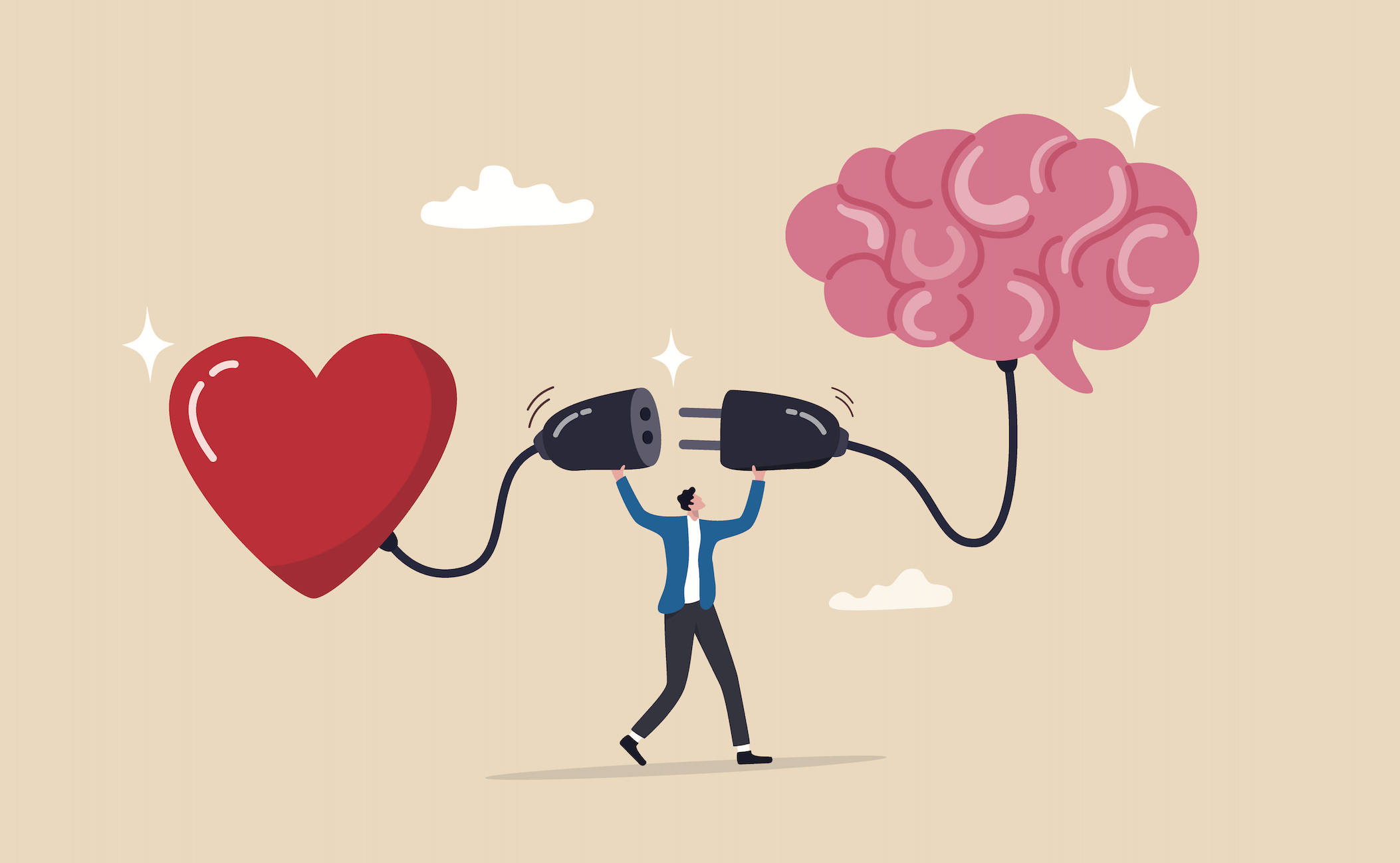Using couples therapy techniques at your workplace – emotional intelligence in action
Several years ago, I was asked to do “couples therapy” with a pair of founders of a tech start up in the Bay Area. The founders were not romantic partners , they were friends who met in college and started a company which had seen early success. As the business evolved, more complex decisions needed to be made regarding funding, hiring, product development, the list went on. These partners had different decision-making and communication styles, and I began to work with them when the conflicts that had arisen between them had spilled over onto their team, eroding trust in the founders and undermining their entire business.
Why couples therapy?
Being data -driven people, the founders had read about the research conducted by Dr. John Gottman into relationships and believed that it could be helpful for them to learn how to better manage conflict using research-based techniques.
Effective conflict management is a key part of Emotional intelligence, which has been getting a lot of attention in the corporate world over the past few years. Employers are recognizing that emotionally intelligent “soft skills”, like the ability to manage conflict, listening and communication skills, leadership and empathy are as important, and becoming more so, as the technical or “hard skills” in workplaces, which are increasingly dominated by artificial intelligence. See a Fox Business report from Feb 2024 : https://www.foxbusiness.com/lifestyle/soft-skills-demand-todays-workforce-why
What are some emotionally intelligent and research-backed concepts that can make you more effective at work, as an employee and as a leader?
- Listening must precede problem-solving. Too often managers or leaders forge ahead with initiatives without listening to key employees. An emotionally intelligent manager will stop and read the room; ask questions, seek to understand concerns. When people feel truly understood and listened to, they are much more likely to want to work with and be flexible with you, even if there are differences of opinion. The ability to listen without judgement is a powerful way to build trust and collaboration.
- Work with the antidotes to The Four Horsemen. Criticism, contempt, defensiveness and stonewalling are the biggest predictors of relationship breakdown, according to Dr. John Gottman. When any of these horsemen are present in the workplace, they undermine trust and team cohesion. The emotionally intelligent ways to work with them are as follows: instead of criticism, frame your complaint by using “I” statements and describing the behavior you’d like to see changed, instead of blaming or attacking. Instead of becoming defensive in response to a criticism or complaint, try to find something in the complaint you can take responsibility for. Instead of showing superiority or contempt, work towards building appreciation for your team, looking for and expressing what is working and use “I” statements. Lastly, instead of shutting down or stonewalling, take a breath and try to understand how you are feeling and why before reacting. Give yourself time to respond appropriately.
- Accept Influence. A traditional view is that insisting on your way is powerful and conveys strength. However, one of the key findings in the Gottman research was that when one partner accepted influence from the other, that partner had more influence overall in the relationship. This is true in the workplace too, with many studies showing that employees who report being able to influence their employer’s decisions are happier and more engaged and productive at work.
Working with my tech company founders, I saw how working with many of the Gottman conflict management tools enabled them to slow down their arguments, listen to each other non-defensively, and accepting influence from each other, allowed them to better collaborate and compromise. Even better, they brought some of the concepts back to their leadership team and reported a less tense and more productive work environment over the months we worked together.
Over the course of this year, we at East Bay Relationship Center are focusing on ways to bring more awareness to the key role emotional intelligence plays not only in our personal relationships but in our professional and social relationships as well. There is a natural fit with the research and techniques that have been developed by The Gottman Institute to help couple relationships, with workplace and social relationships, as my work with the start up founders showed me.
In addition to couples therapy, we are also now offering executive and life coaching services for people who may be interested in learning how to be more effective in other parts of their lives, using the research-backed techniques of The Gottman Institute and also the empirically-validated Acceptance and Commitment Therapy (ACT). Please reach out if you are interested in learning more about our therapy, consulting and coaching services.






Leave A Comment
You must be logged in to post a comment.